It’s easy to renew a passport online. I found a list of photographers on the police website and had my picture taken. The photographer sent my picture straight to the police. I used contactless payment when I paid for the picture. At the same time, I learned that the latest form of pickpocketing is a contactless payment device that can make three consecutive debits when passed near a wallet and cards.
I was worried and nearly purchased a protective case for my cards.
I went home and connected to Skype for a remote meeting without a web camera. My co-workers told me about a home theatre web camera that turns on whenever it detects movement in a room.
I was worried.
Between meetings, I completed the passport application online. I identified myself using bank access codes, and my data from the Population Register Centre loaded onto my computer. I checked the information and added a check mark to confirm that my fingerprints in the police register were less than six years old. I uploaded my photo and submitted the application. In a few days, I will be able to pick up my new passport at the nearest kiosk.
Digitisation makes life easier, but it also concerns people. What are they doing with my data, where is it being saved and is it safe?
Digital exclusion has been in the public eye lately, but many of us are active on social media. Most people – like me – are somewhere in between. I’m willing to use digital services when they’re suitable for the situation, but I prefer to handle things face to face. I’m not always on social media, but I do share my life with Facebook. Facebook effortlessly creates stories from my photos and posts, my friends and my life, and I like to share these stories with others.
I’m pleased when I see more relevant advertisements in my newsfeed. Is this right? Shouldn’t I get some compensation for the data that Facebook collects about my life and uses – perhaps even a bit of money instead of “like statistics”? Everything I do and experience leaves a footprint. That footprint is data, and data is my life.
Will you share your story about data and digitisation for our research?
We’re currently studying the effects of digitisation on daily life and collecting stories (in Finnish) via an open survey. The story can be large or small, short or long. Small stories are anecdotes, examples and reports that describe everyday memories, experiences and conversations. Large stories can be akin to legends and fairy tales (Shawn Callahan, Putting Stories to Work, 2015).
We’re collecting stories with the SenseMaker survey tool, which combines qualitative research methods with a more traditional survey. SenseMaker was developed at Bangor University in Wales and has been applied in many types of research around the world.
Every story is useful, because stories help people understand each other. Tell us your story! The survey is open until 31 March 2018. Follow this to the survey (in Finnish).
#isaacus
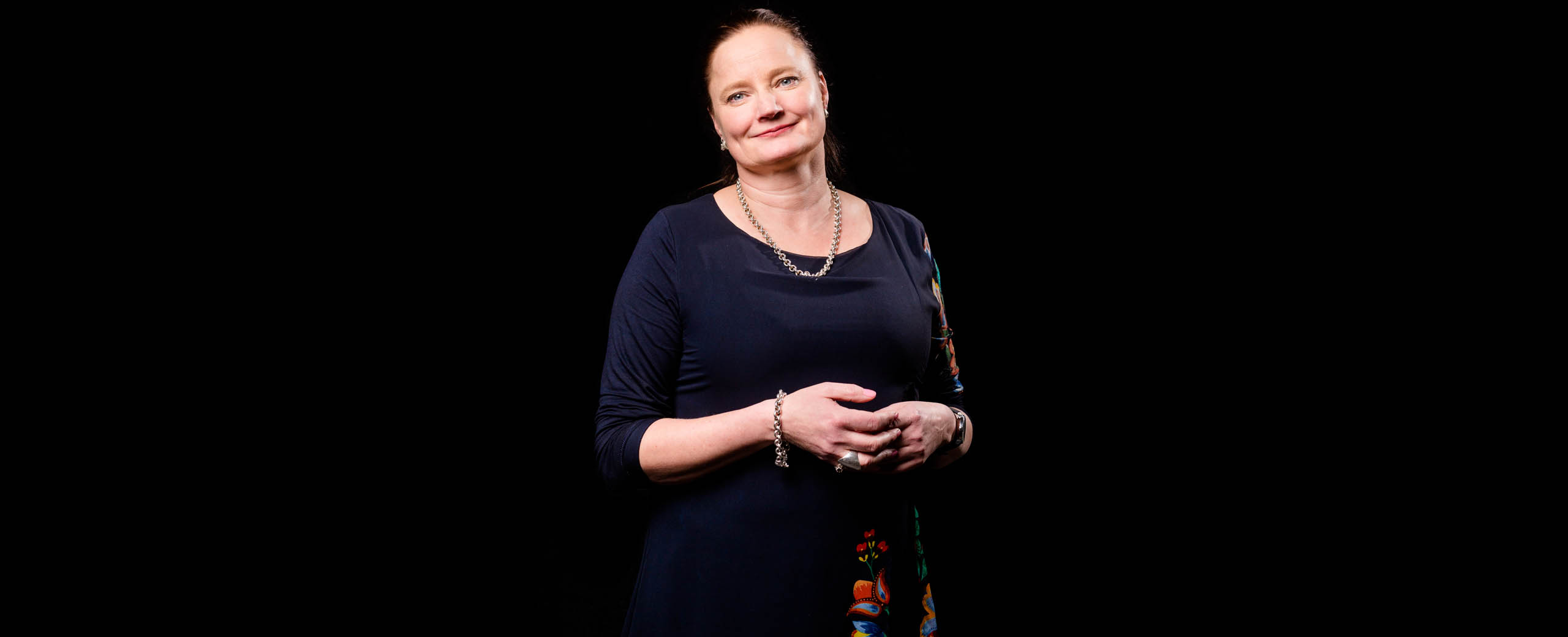






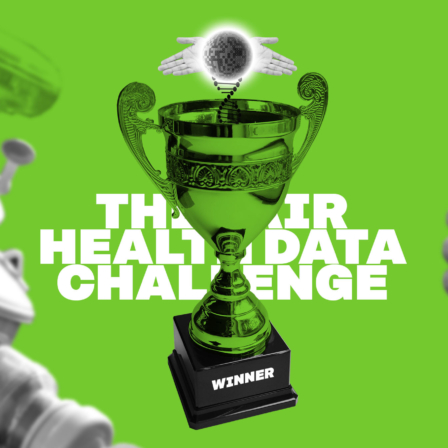
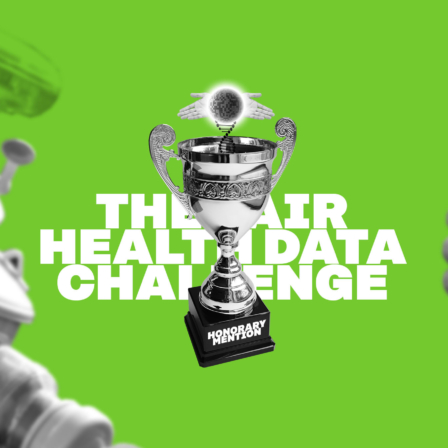




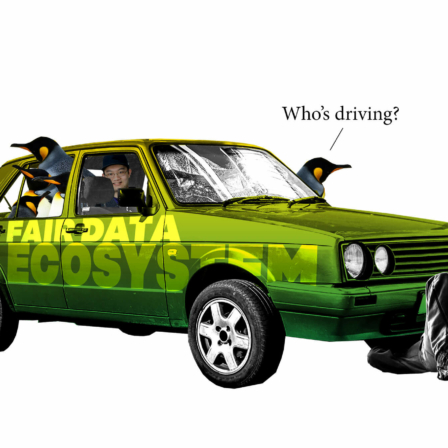
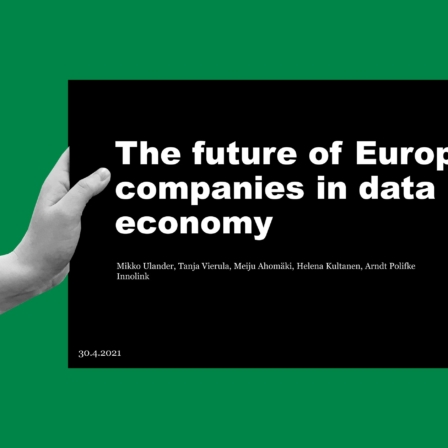


Recommended
Have some more.